Planning Pays Off: 5 Strategies to Get the Most Out of Your Delivery Speed Choice
August 31, 2024
6 min read
Introduction
B2B logistics is the unsung hero overseeing the smooth flow of products and materials that propel industries ahead. Consider a world in which businesses work in isolation, unable to communicate with suppliers, partners, or consumers; this is the chaos that B2B logistics avoids.
Painstakingly managing bulk carrier shipping and bulk transport allows B2B logistics businesses to focus on innovation and development rather than the complexity of supply chain management. This critical but often ignored aspect of modern business is what allows industries to prosper in an ever-changing environment.
This entire guide explores the core elements of B2B logistics, showcasing its importance in the business landscape.
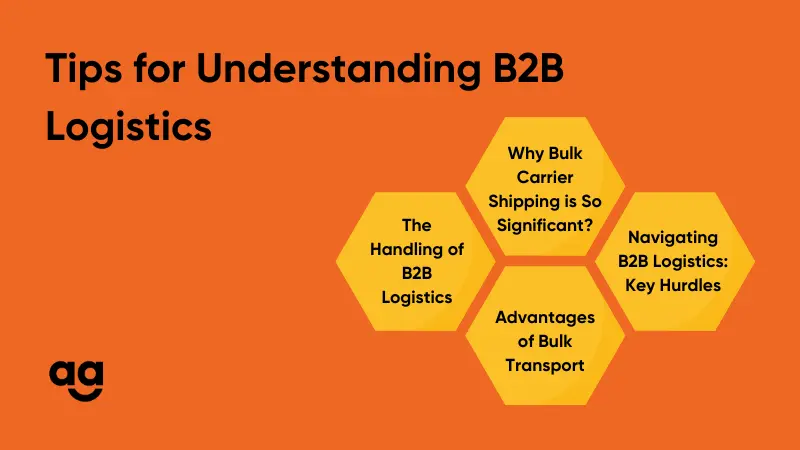
The Handling of B2B Logistics
Effective B2B logistics guarantees businesses timely and cost-effective access to raw materials, parts, and finished products. This domain encompasses an array of operations, from inventory oversight to transportation, warehousing, and distribution, all focused on optimizing the supply chain.
Contrasted with customer-centric logistics, business-to-business logistics demands greater volumes and more sophisticated supply networks. This field encompasses the transportation, storage, and management of goods exchanged between enterprises.
Why Bulk Carrier Shipping is So Significant?
Vessels designed for transporting massive amounts of unpackaged materials like minerals, grains, and chemicals are crucial to the business-to-business logistics ecosystem.
These specialized ships, known as bulk carriers, facilitate cost-effective and efficient long-distance movement of goods, reducing the need for multiple trips and minimizing handling expenses.
The bulk carrier shipping approach supports global trade by enabling the large-scale transportation of essential commodities, ensuring a steady supply chain for companies.
Advantages of Bulk Transport
Bulk transport offers numerous advantages for B2B logistics. For industries relying on steady raw material flows, bulk transport serves as a fundamental pillar of operational effectiveness. It helps businesses to move large quantities of goods efficiently and economically. Consolidating shipments can also aid companies in their efforts to reduce transportation costs and improve delivery times.
Bulk transport also minimizes packaging waste and handling, contributing to sustainability initiatives. Consistent material supply is crucial for efficient operations, minimizing the risk of shortages and delays.
Navigating B2B Logistics: Key Hurdles
While offering numerous advantages, B2B logistics presents distinct challenges. Coordinating large inventories and ensuring timely product deliveries demand sophisticated planning and synchronization.
Supply chain disruptions stemming from natural calamities or geopolitical turbulence can significantly impact operations. Fluctuating fuel costs and regulatory changes can also affect transportation expenses.
Businesses must also skillfully manage complex customs procedures and trade regulations, which vary across regions. Addressing these obstacles requires robust logistics management and strategic alliances with dependable carriers and suppliers.
Conclusion
Effective business operations hinge on efficient logistics, which ensures the seamless flow of goods and resources across sectors. By prioritizing large-scale transportation methods, enterprises can remarkably enhance their supply chain management and trim expenses. This vital function in business activities presents avenues for enhanced cooperation and elevated financial gains.
To obtain streamlined logistics solutions, explore collaborating with Shipyaari. Their comprehensive platform consolidates order placement, shipment monitoring, returns management, and Cash-on-delivery (COD) handling.
Why delay? Register now to streamline your shipping practices and propel your business logistics to new levels!
Frequently Asked Questions
It is the practice of minimizing environmental impacts, such as carbon emissions, by using efficient delivery methods such as route optimization, package tracking, and reducing missed deliveries.
Automation reduces the need for manual intervention in delivery monitoring and route planning, thereby preventing any errors and saving time and costs.
Active communication with customers and package tracking will ensure that they are informed about delivery times, thus reducing the chances of missed deliveries.
With mobile apps, customers can conveniently access the tracking information, ensuring they can receive their parcels and reducing missed deliveries.
Suggested Reads
Hyperlocal Personalization: Tailoring Experiences for Local Customers
Introduction The eCommerce industry in India has witnessed a rapid growth of hyperlocal services in
Continue ReadingDec
How Can Box Size and Sustainability Cut Waste in Hyperlocal Deliveries?
Introduction Sustainability is more than just a trendy word in today’s logistics industry; it’s a
Continue ReadingNov







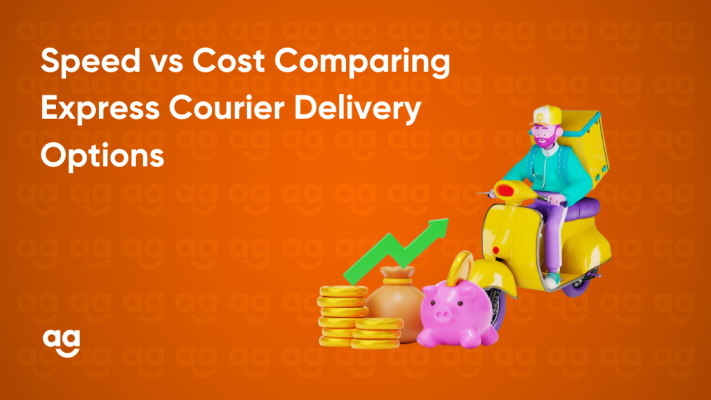


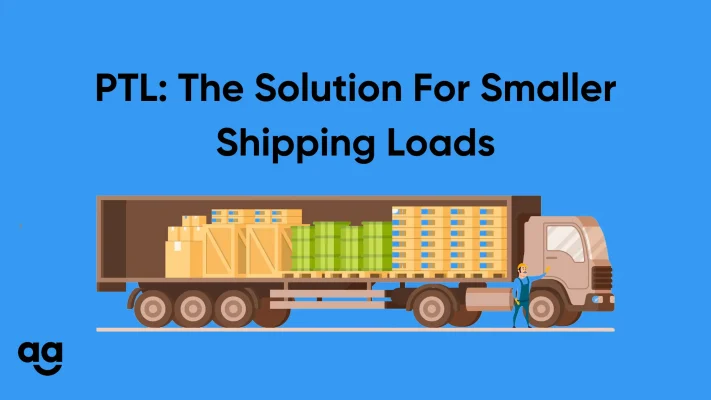


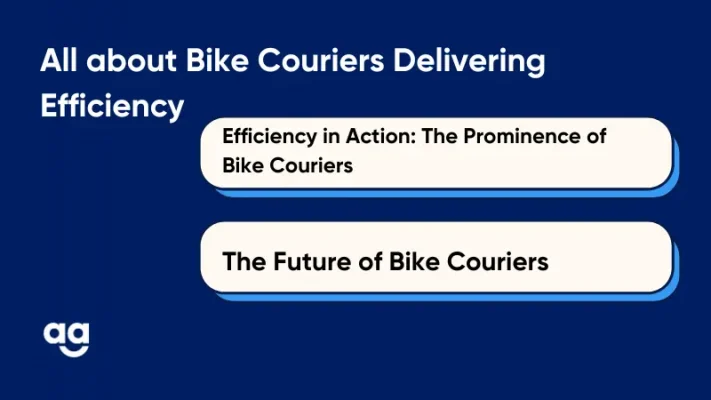

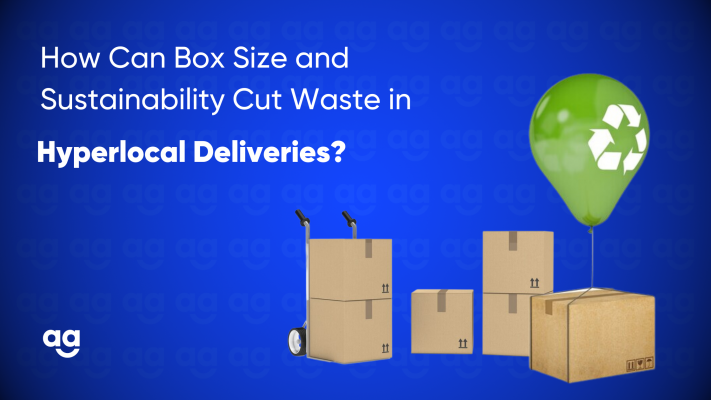
 Shipping
Shipping